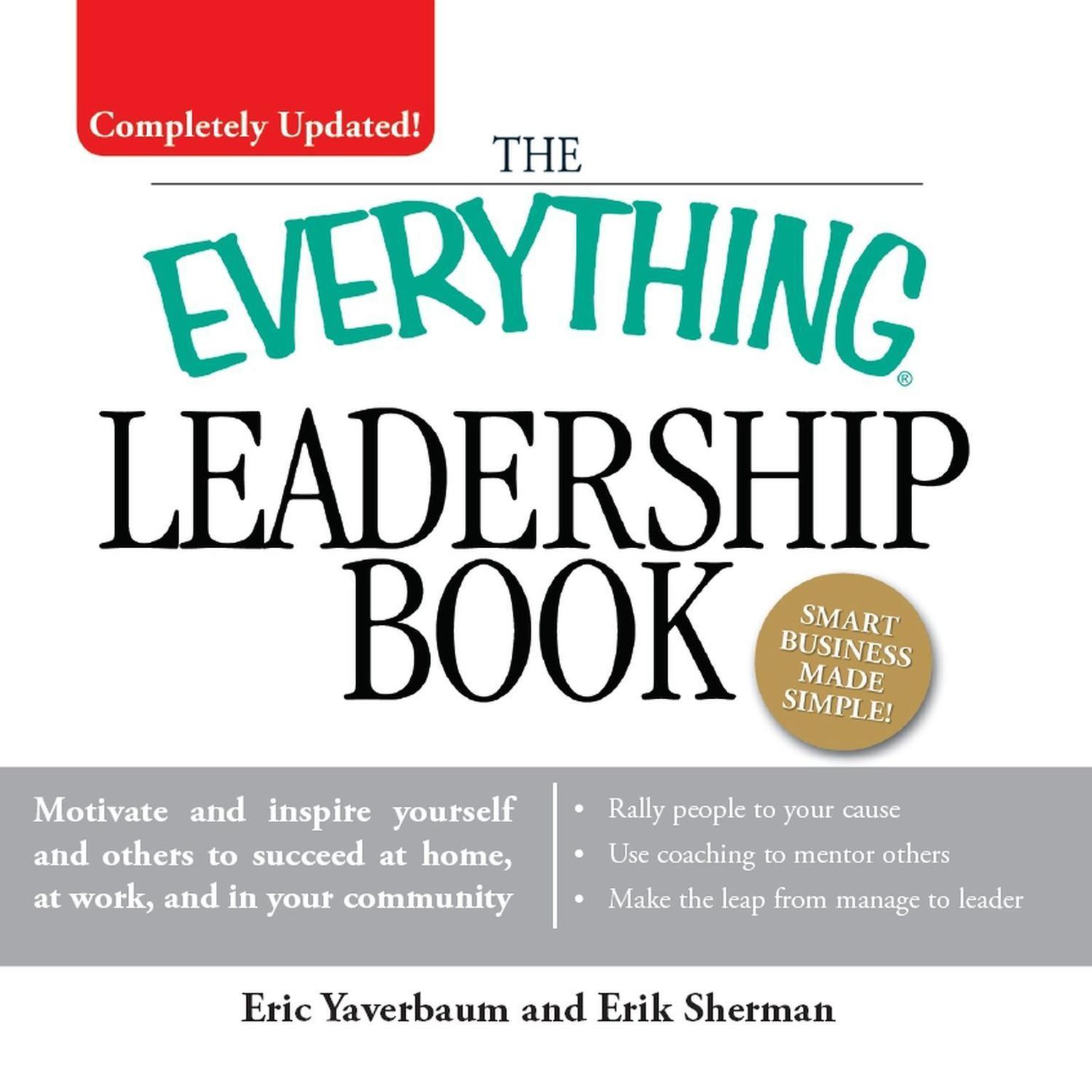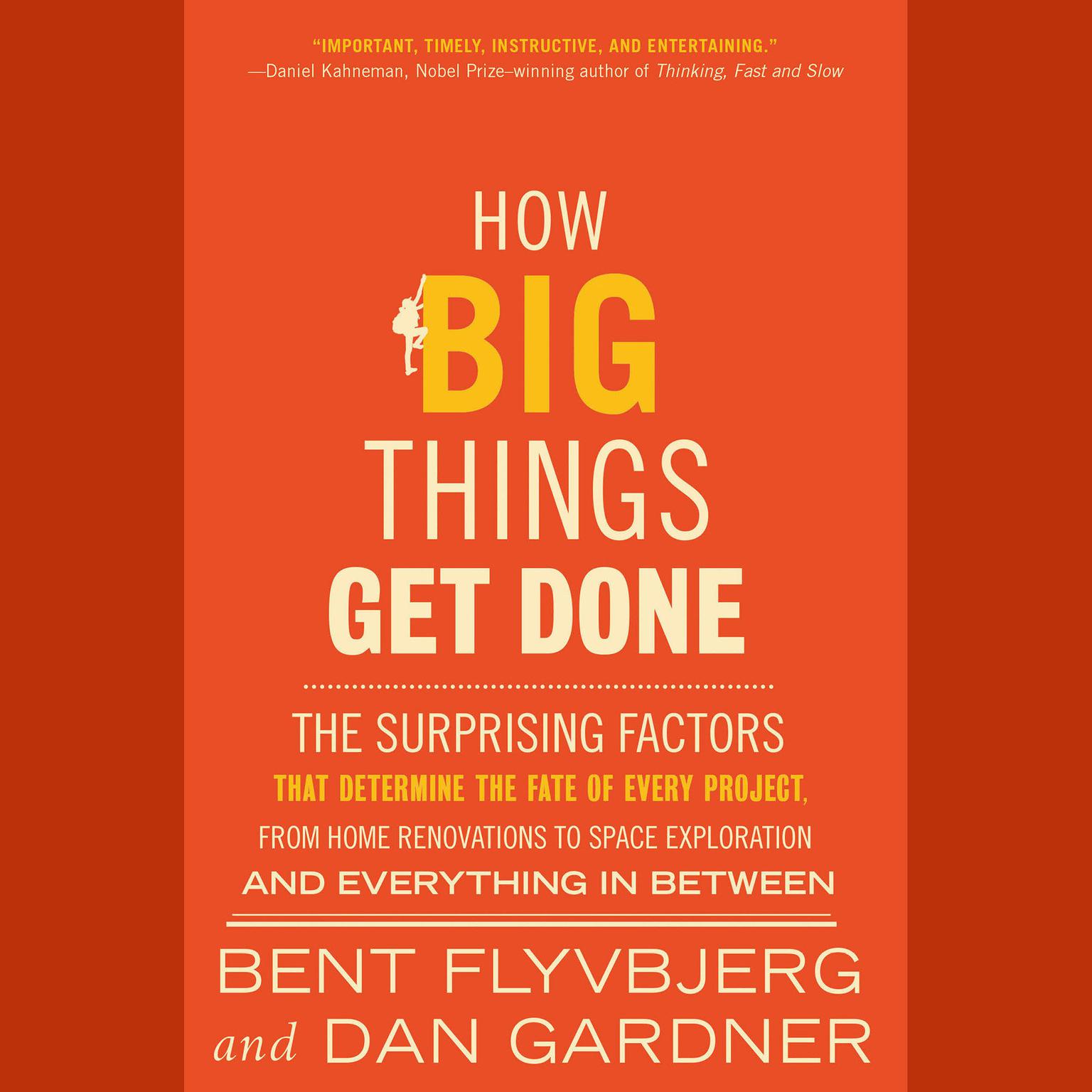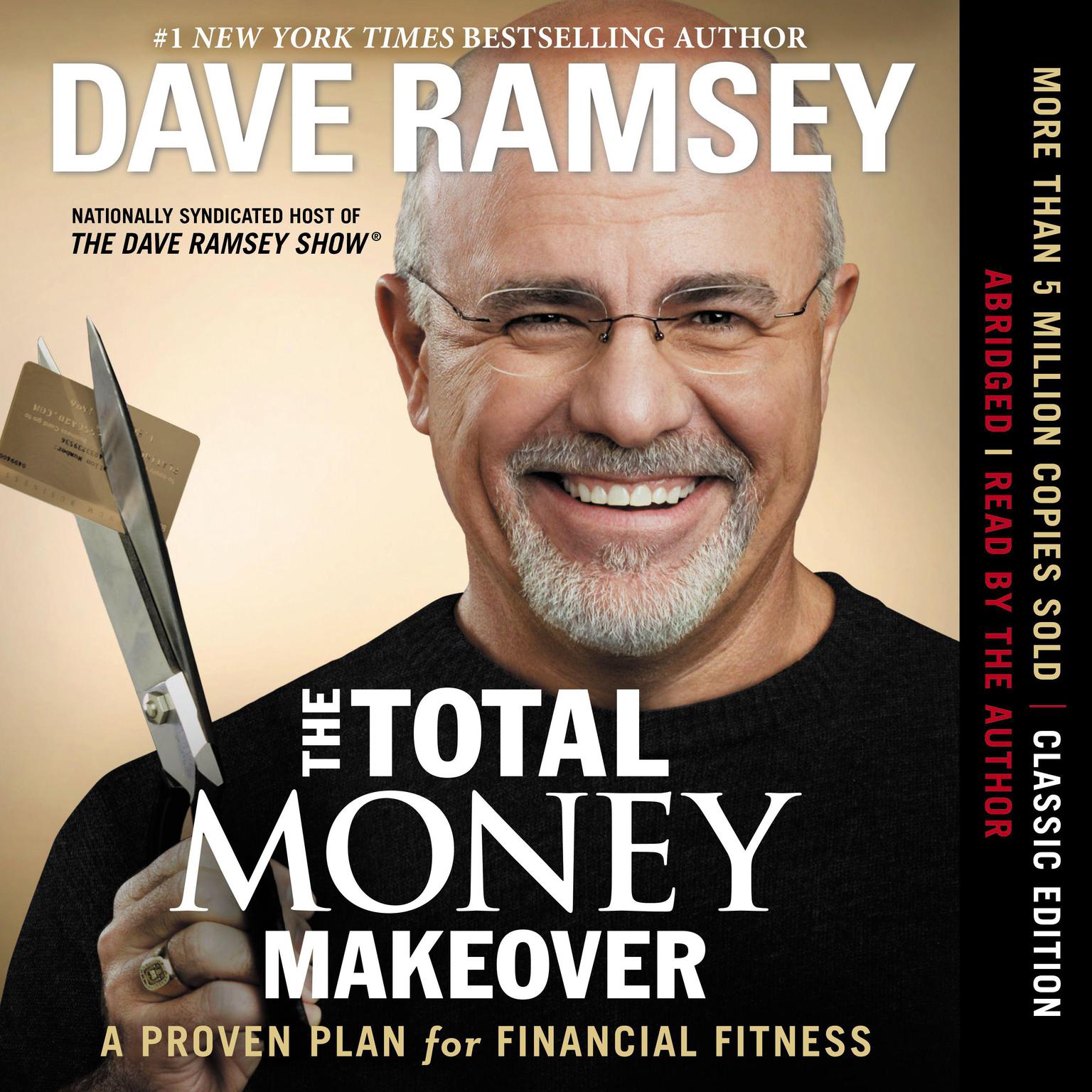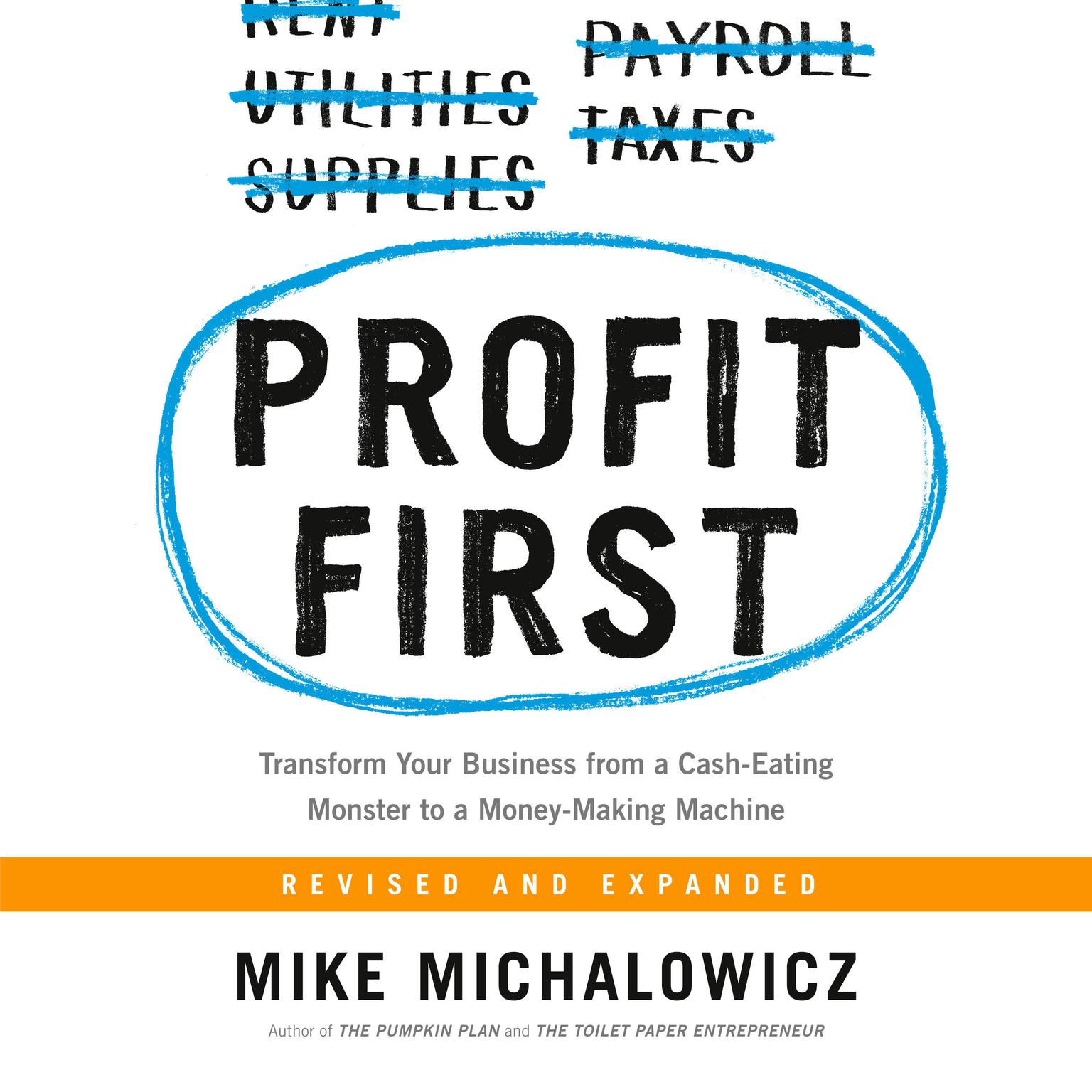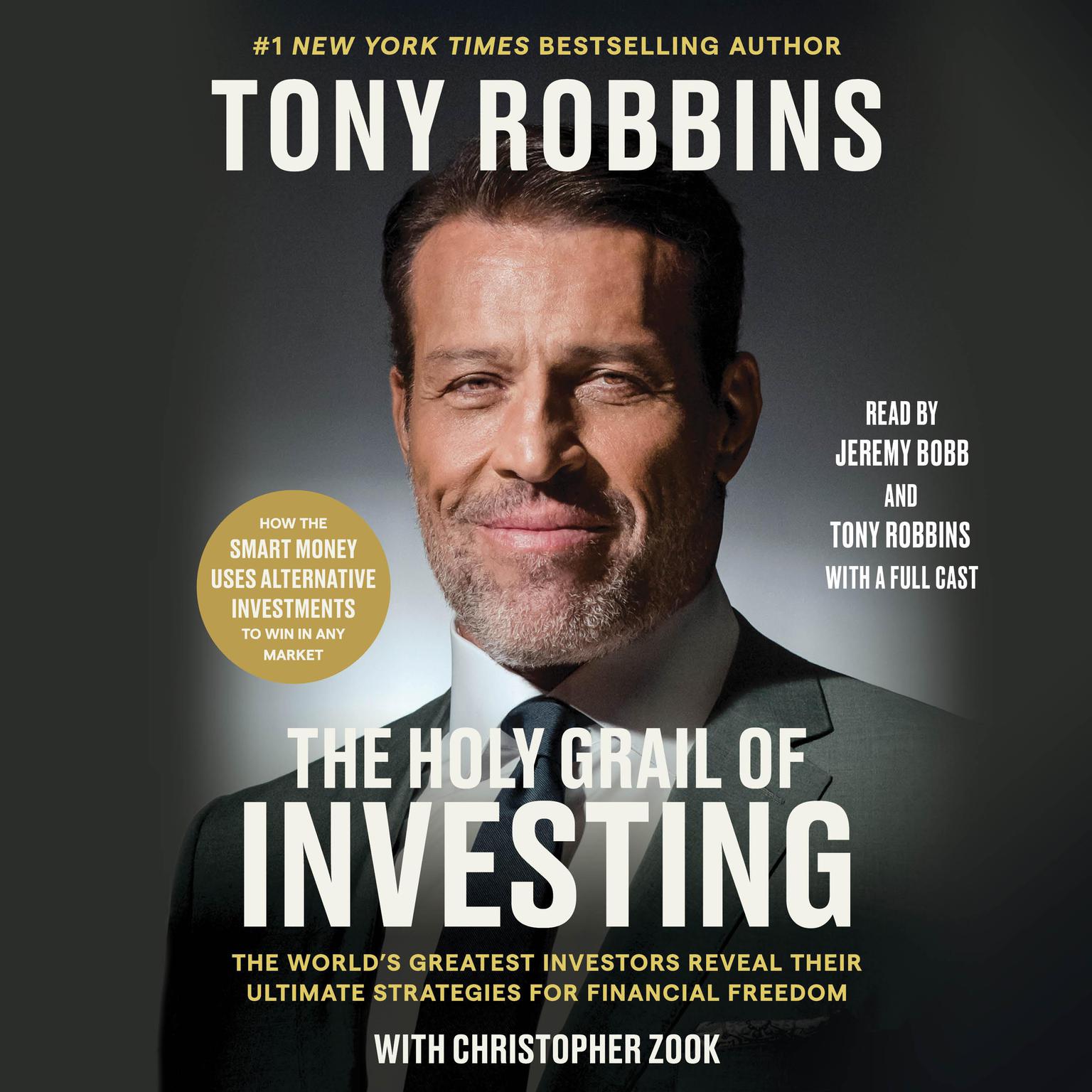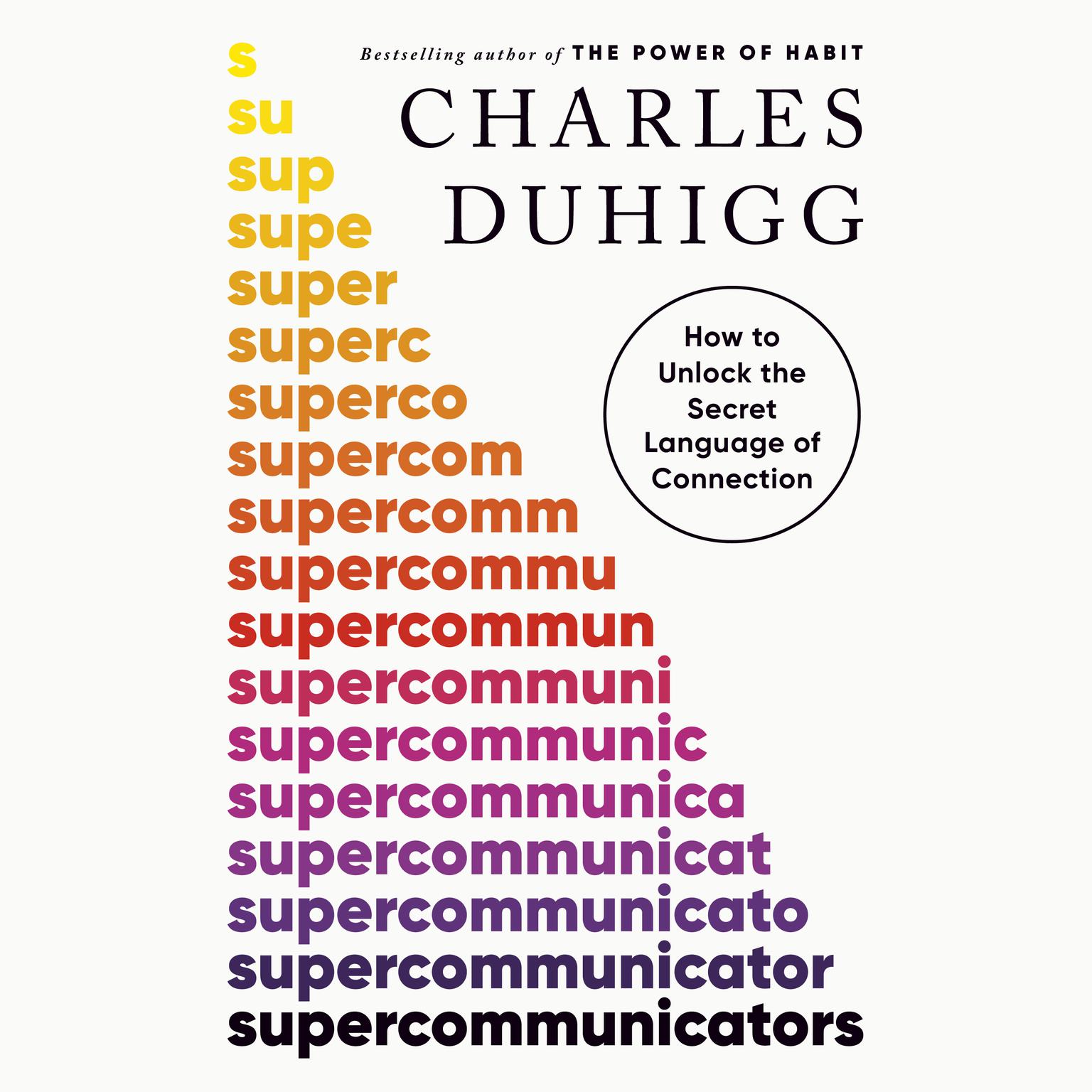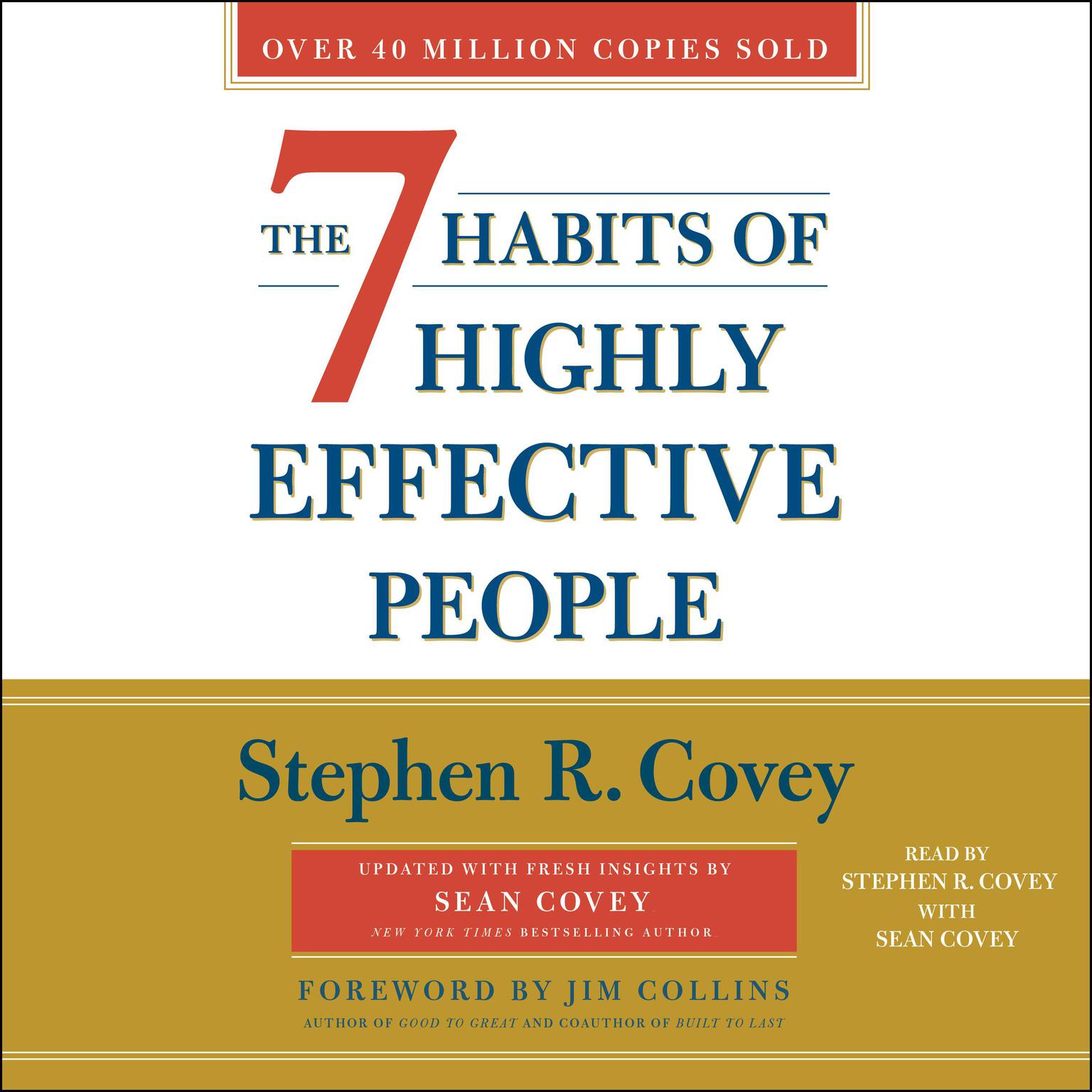Publisher Description
Applied Austrian economics doesn’t get better than this. Murray N. Rothbard’s America’s Great Depression is a staple of modern economic literature and crucial for understanding a pivotal event in American and world history.
Rothbard opens with a theoretical treatment of business cycle theory, showing how an expansive monetary policy generates imbalances between investment and consumption. He proceeds to examine the Fed’s policies of the 1920s, demonstrating that it was quite inflationary even if the effects did not show up in the price of goods and services. The stock-market correction was merely one symptom of the investment boom that led inevitably to a bust.
The Great Depression was not a crisis for capitalism but merely an example of the downturn part of the business cycle, which in turn was generated by government intervention in the economy. Had this book appeared in the 1940s, it might have spared the world much grief. Even so, its appearance in 1963 meant that free-market advocates had their first full-scale treatment of this crucial subject. The damage to the intellectual world inflicted by Keynesian- and socialist-style treatments would be limited from that day forward.
Since the book’s first edition, it has been the definitive treatment of the causes of the depression. It remains canonical today because the debate is still very alive.
Download and start listening now!
“The policy response to the U.S. Great Depression of the 1930s was strikingly similar to the policy response to the U.S. Great Recession of today: expanding the money supply, hiking income tax rates and providing massive federal intervention to targeted industries. These policies took a stock-market price collapse and spread it among almost every sector of the economy. An economic recession that may have lasted twelve to eighteen months as most prior recessions had lasted instead lasted for sixteen years.”
—
Robert (5 out of 5 stars)


